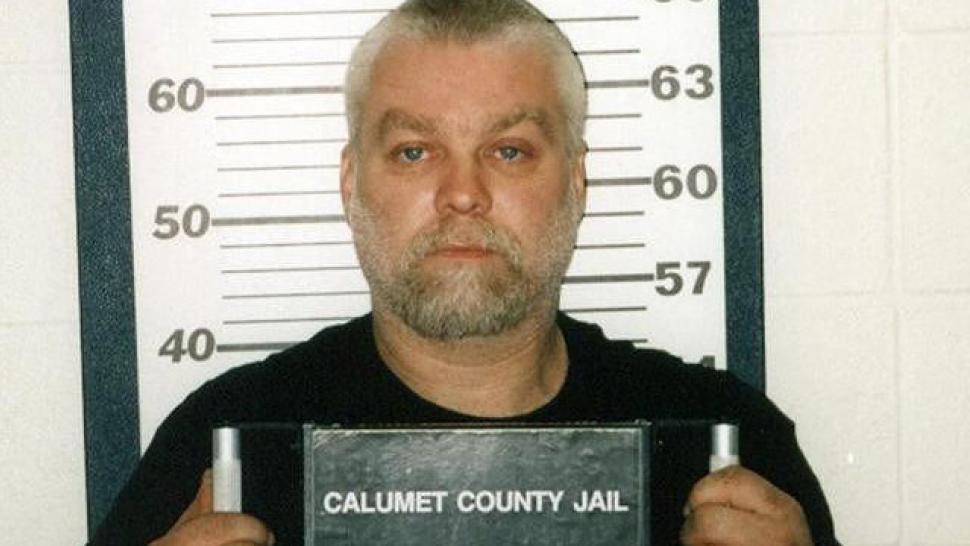White House Responds to 'Making a Murderer' Petition and You're Not Going to Like Their Answer

The White House has responded to a petition to pardon Steven Avery and Brendan Dassey, and it's official: The president doesn't have the authority to do that.
Avery and Dassey, who are the subjects of the divisive Netflix documentary Making a Murderer, were convicted in 2007 of killing a woman named Teresa Halbach -- a conviction that many believe was wrongfully and unethically obtained.
Over 347,000 people signed a petition on Change.org and another 129,000 signed a similar petition on WeThePeople asking President Obama to pardon Avery and Dassey based on the evidence presented in Making a Murderer.
In the White House's official response to the WeThePeople petition, the president's pardoning power is detailed in length, explaining, "The President cannot pardon a state criminal offense."
According to the U.S. Constitution, the president has "power to grant reprieves and pardons for offenses against the United States,” the response states.
"This clemency authority empowers the President to exercise leniency towards persons who have committed federal crimes. Under the Constitution, only federal criminal convictions, such as those adjudicated in the United States District Courts, may be pardoned by the President," the response continues. "Since Steven Avery and Brendan Dassey are both state prisoners, the President cannot pardon them. A pardon in this case would need to be issued at the state level by the appropriate authorities."
WATCH: 'Cleveland Abduction' and 6 Lifetime True-Crime Movies You'll Never Forget
The 10-part Making a Murderer docu-series focuses on 53-year-old Avery, who was imprisoned for 18 years on charges of sexual assault and attempted murder in a 1985 case, but was exonerated in 2003 by DNA evidence, only to be subsequently accused of the murder of Halbach two years later. In June 2007, he was sentenced to life in prison along with Dassey, his nephew.
The documentary has been met with great acclaim, and has attracted many to Avery's case. However, it has also been slammed by some for misrepresenting and omitting important facts that cast doubt on the documentary's assertion that Avery and Dassey were wrongfully convicted.
WATCH: 'Killing Fields' Promises to Be the Next True-Crime Sensation
The Avery case has drawn so much attention that Investigation Discovery announced on Thursday they will be taking another look at the decade-old murder in the true crime specialFront Page: The Steven Avery Story, which is scheduled to air at the end of January.
For more on the complex debate fueled by Making a Murderer, and the petitions filed in the wake of its release, check out the video below.